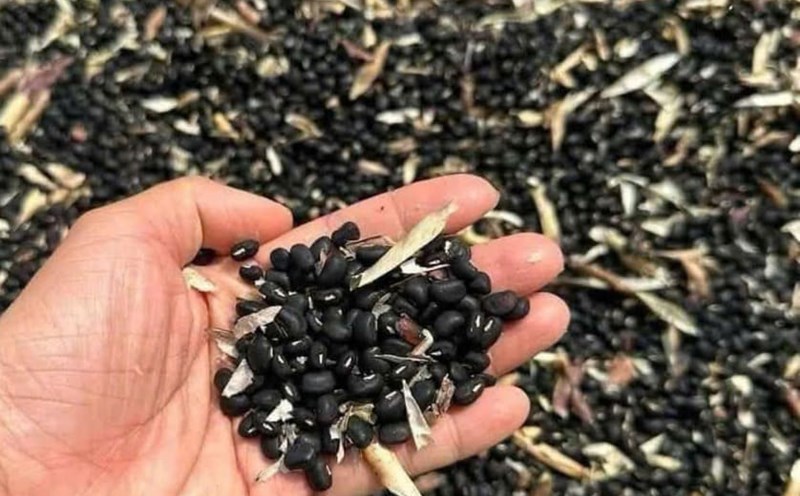What is irritable bowel syndrome (IBS)?
According to nutritionist Falak Hanif, Cloudnine Hospital, Bengaluru (India), IBS is a digestive disorder characterized by abdominal pain, abdominal discomfort and changes in bowel habits. IBS can be classified as diarrhea (IBS-D), constipation (IBS-C), mixed-use (IBS-M), and non-classified (IBS-U). In the world, about 11% of the population has IBS, which is more common in women and gradually decreases in people over 50 years old.
The impact of coffee and tea on IBS
Coffee and tea contain caffeine and bioactive compounds such as polyphenols, which can stimulate digestive activity. Caffeine in coffee increases intestinal motility, causing diarrhea and abdominal pain. The acidity of coffee can also stimulate the lining of the intestines, leading to symptoms of heartburn and bloating. Although black coffee contains low levels of FODMAP, supplements such as milk or sweeteners can aggravate symptoms in sensitive people. Consuming a lot of caffeine can change the gut microbiome, increasing the risk of IBS.
Should IBS drink coffee and tea or not?
People with IBS do not necessarily have to completely eliminate coffee and tea from their diet. They should closely monitor their body's reaction after drinking, try coffee that is caffeine-free or herbal tea, limit their consumption to avoid irritation.
The impact of different types of tea
Herbal teas have a mild soothing effect, but some types can cause intestinal irritation, so you should consult experts before using them. Peppermint tea helps relax smooth muscles and effectively reduce IBS symptoms. Ginger aids digestion and reduces bloating. Black tea and green tea contain less caffeine than coffee but can still stimulate sensitive people. Although detox tea is said to help purify the body, it can contain laxatives, increasing the risk of diarrhea and making IBS worse.
Note
Expert Falak Hanif said that tea and coffee can contribute to the appearance or worsening of IBS symptoms in some people due to caffeine and other compounds affecting digestion. However, each person has a different level of sensitivity. Many people can still enjoy tea and coffee in moderation, especially when choosing a type that does not contain caffeine or herbs and avoids irritating additives. Recognizing your own triggers and consulting experts is an important factor in effectively controlling and managing IBS.











